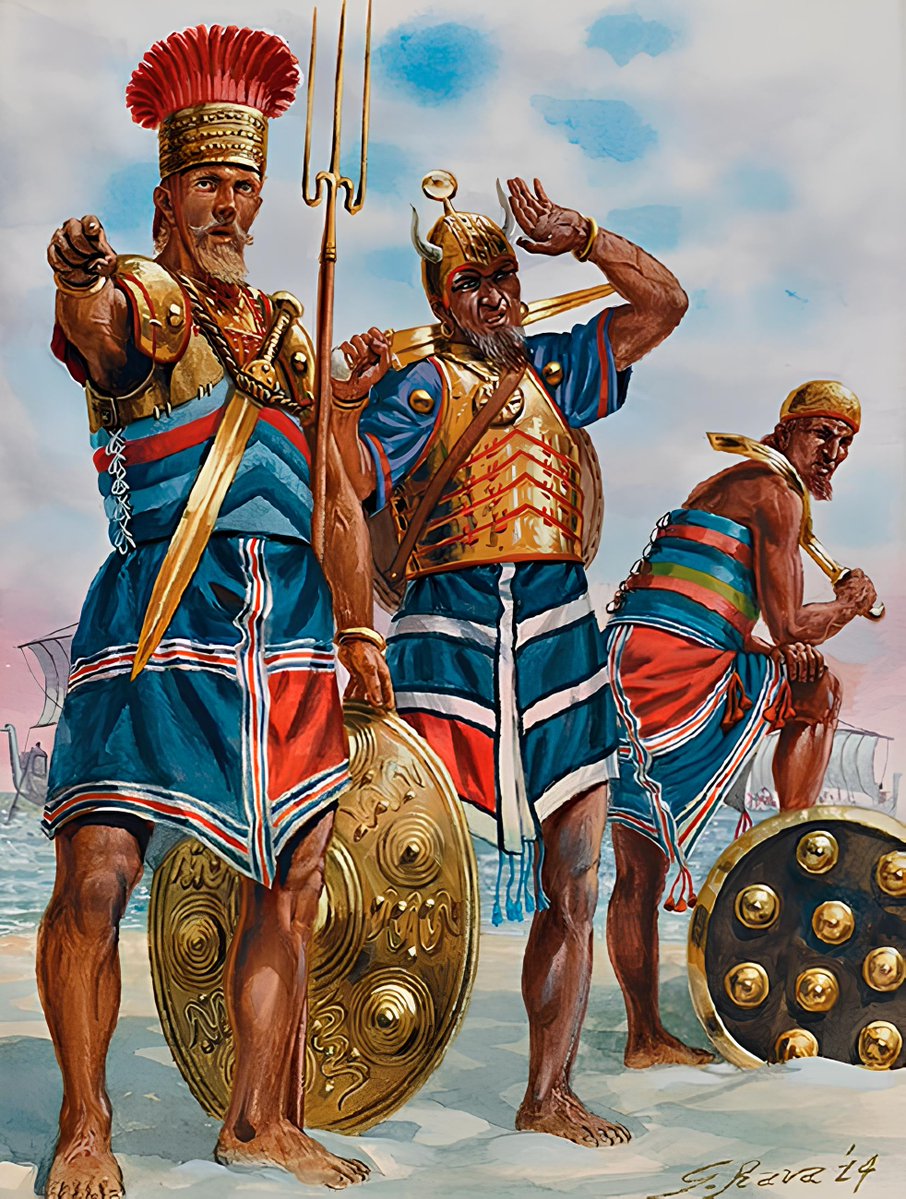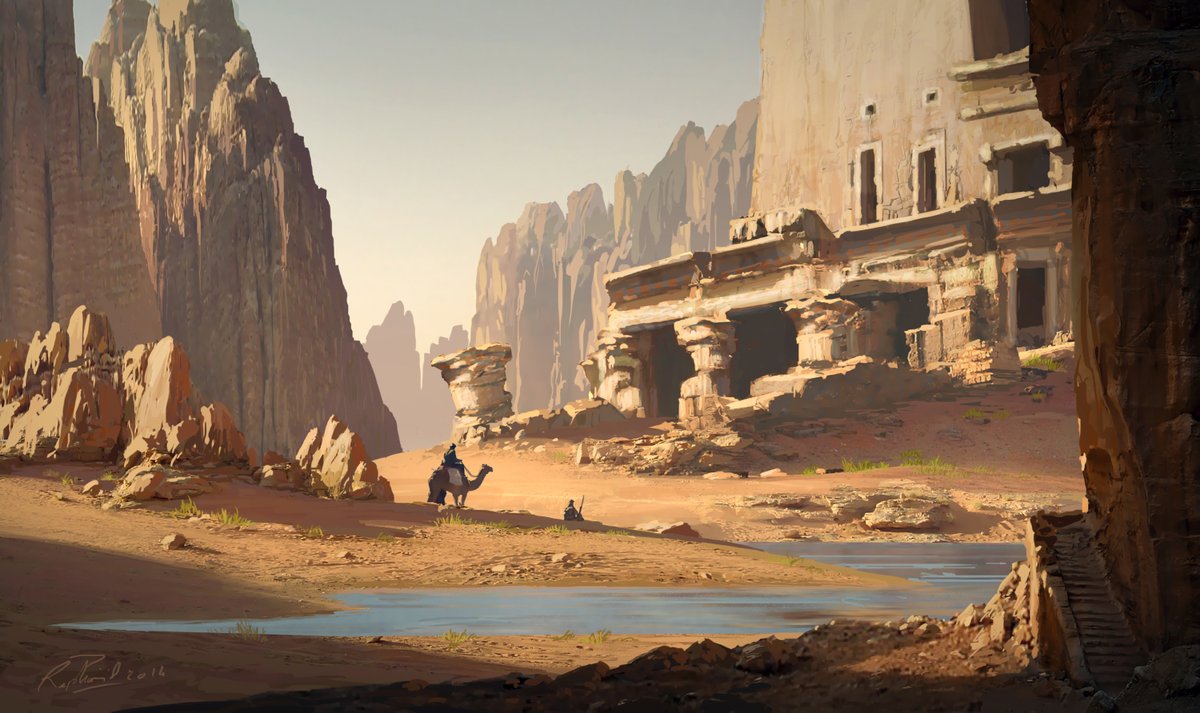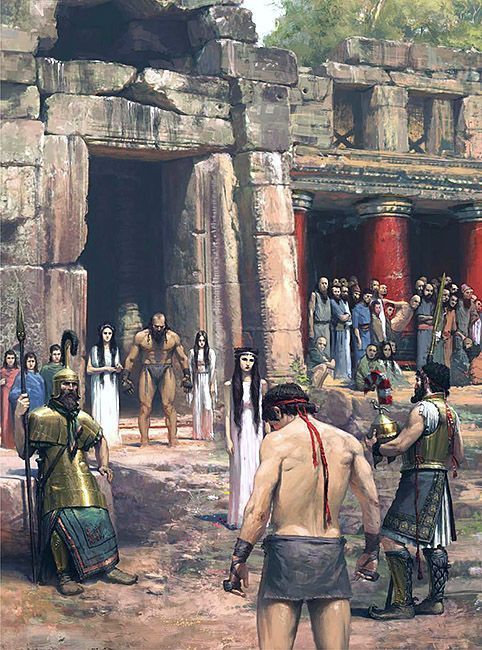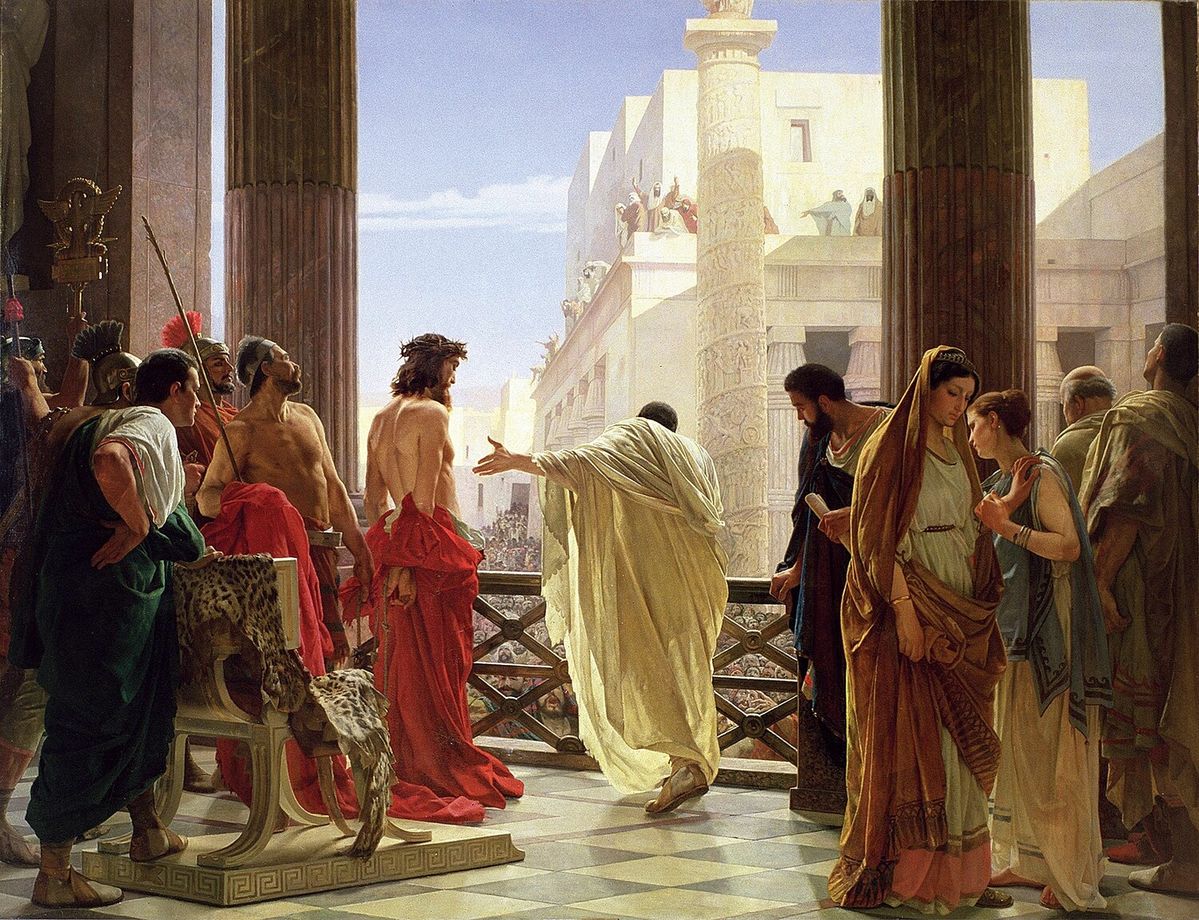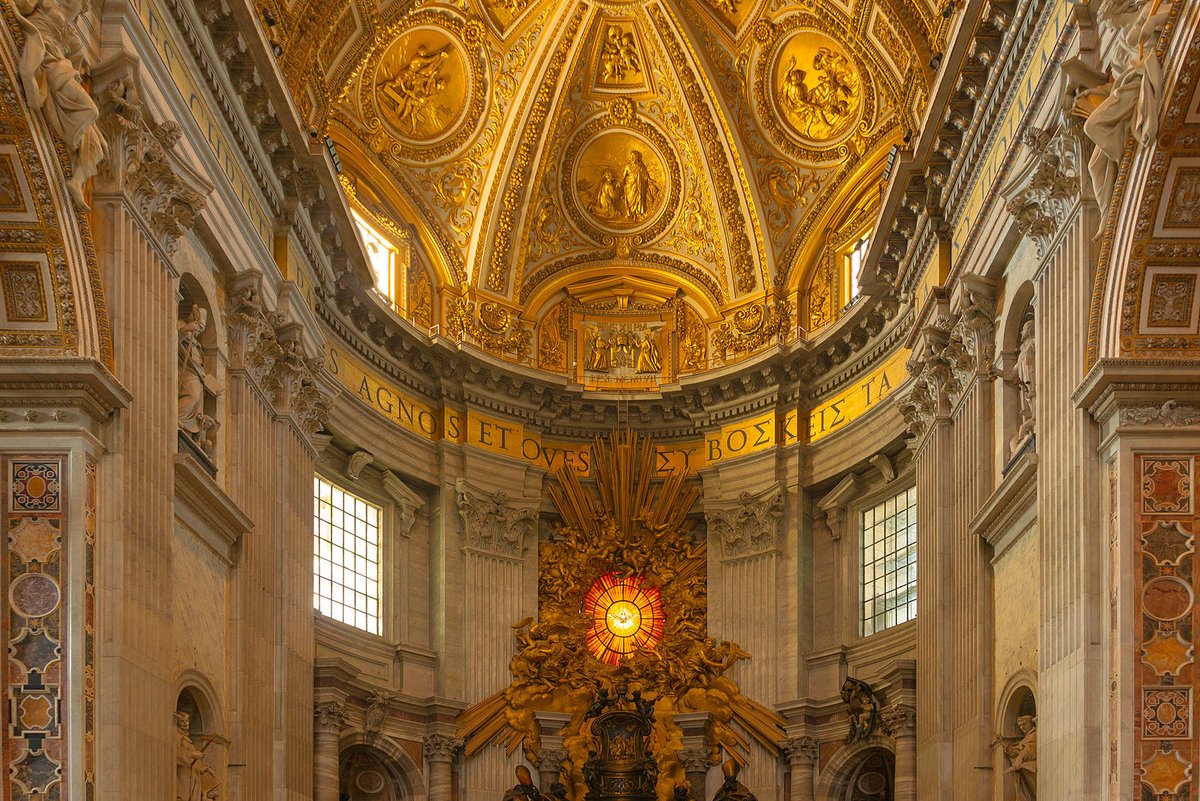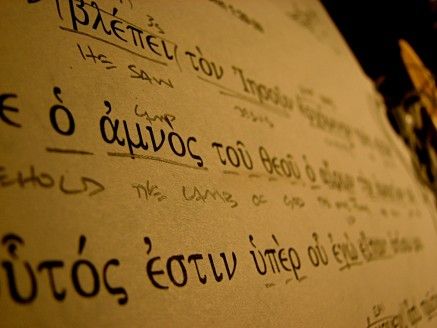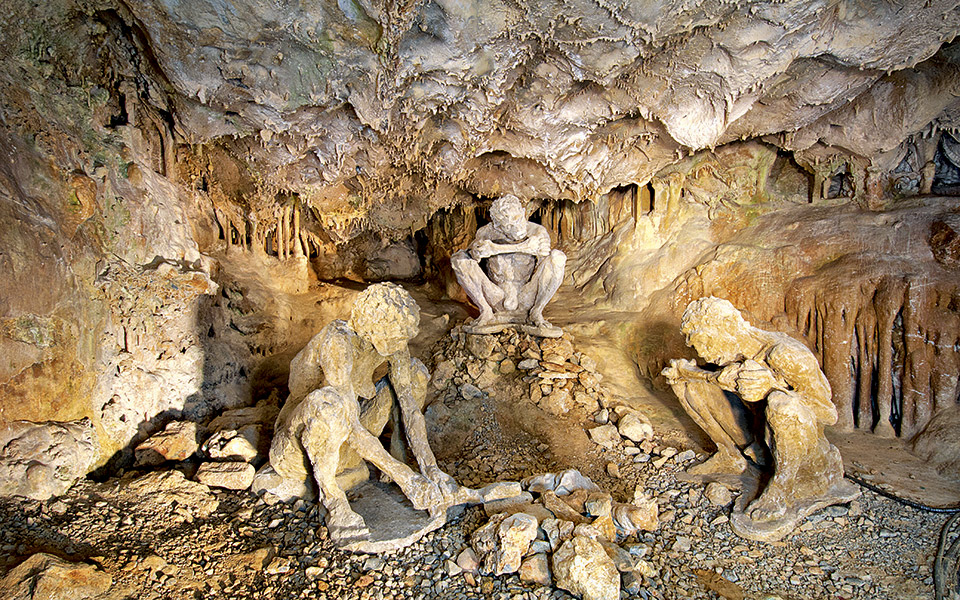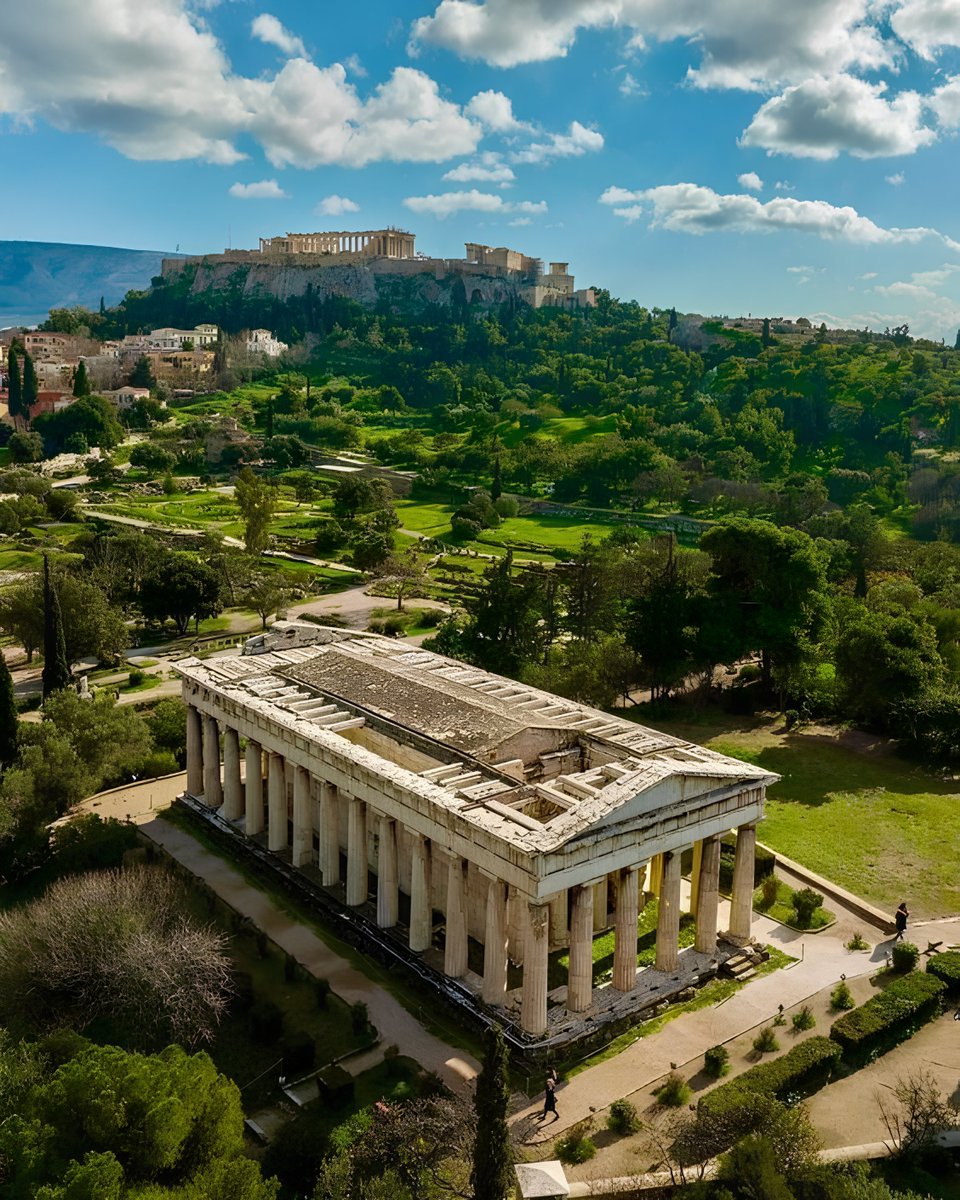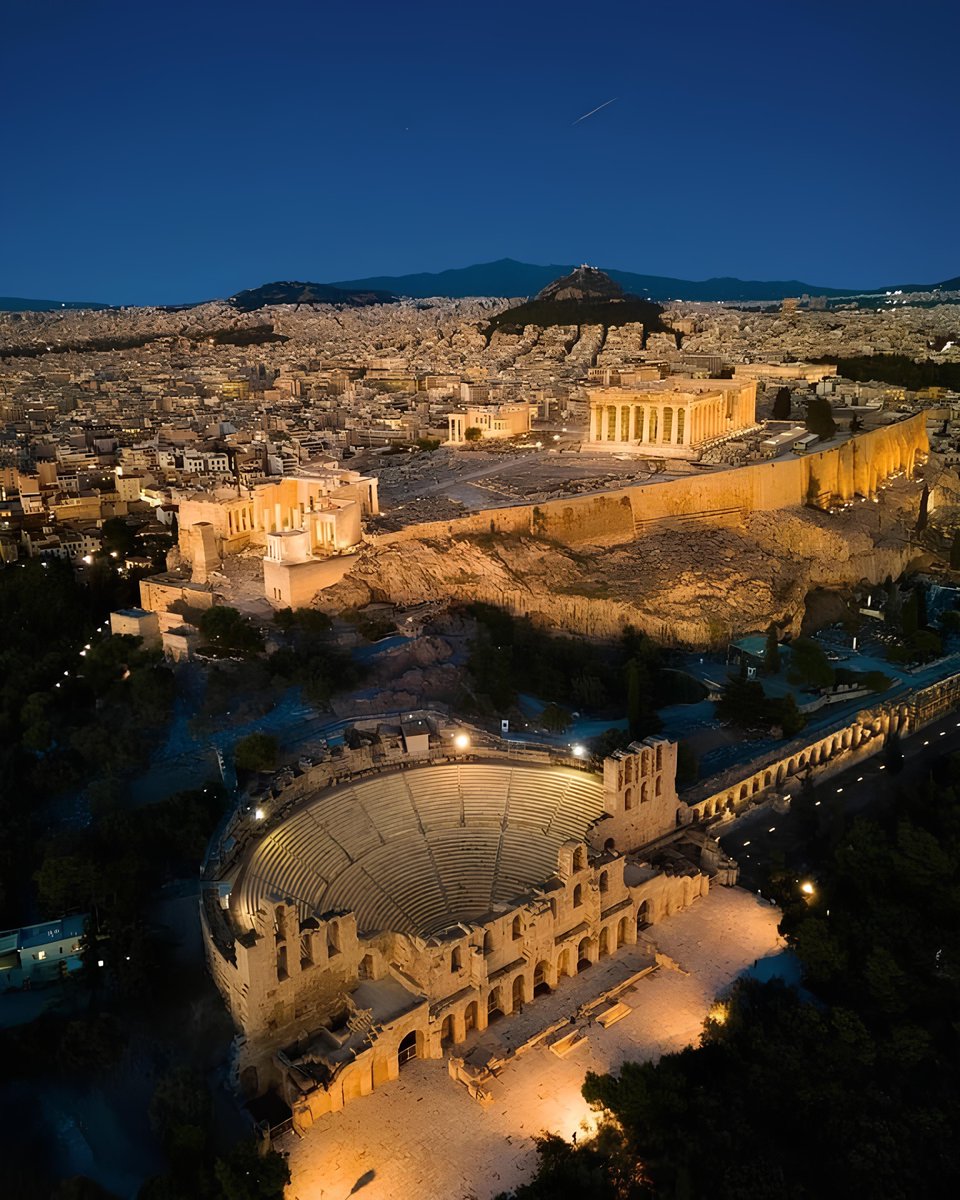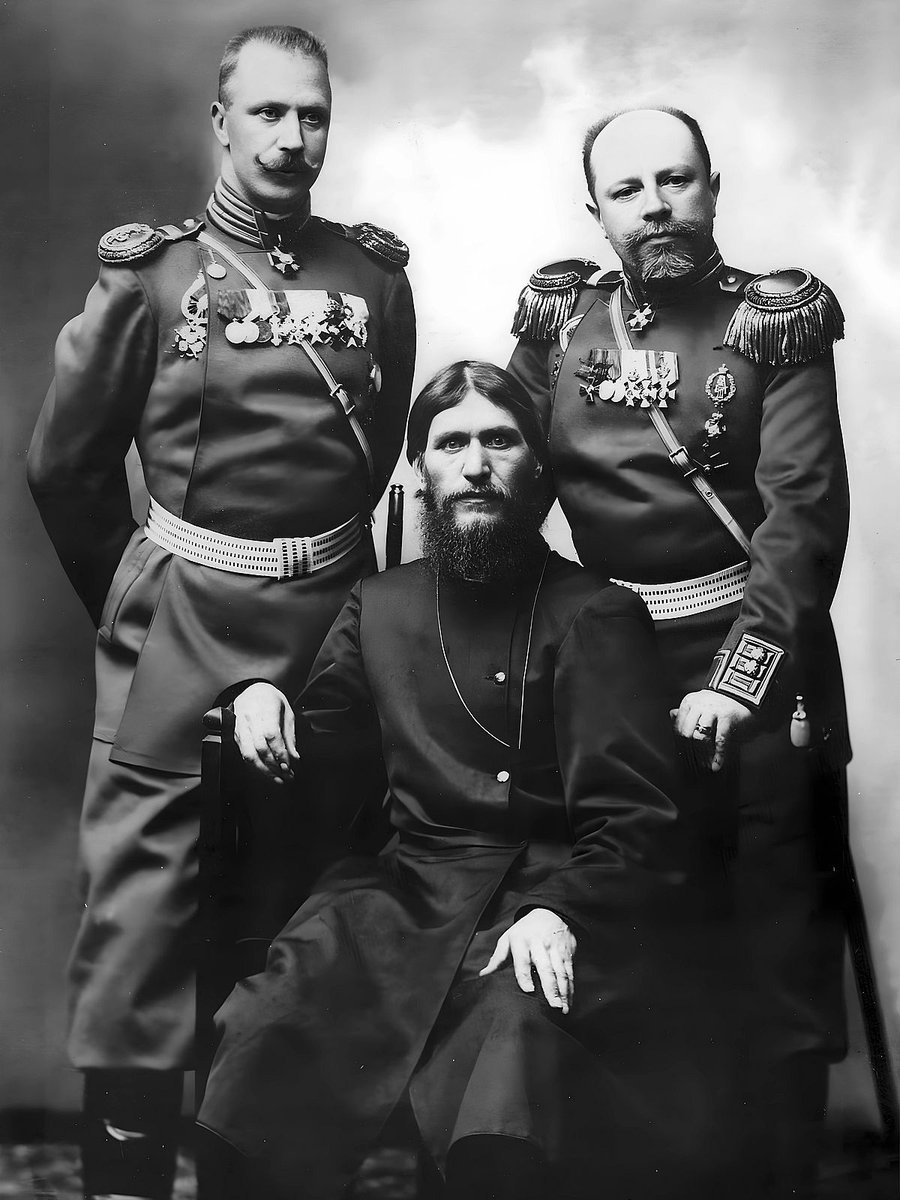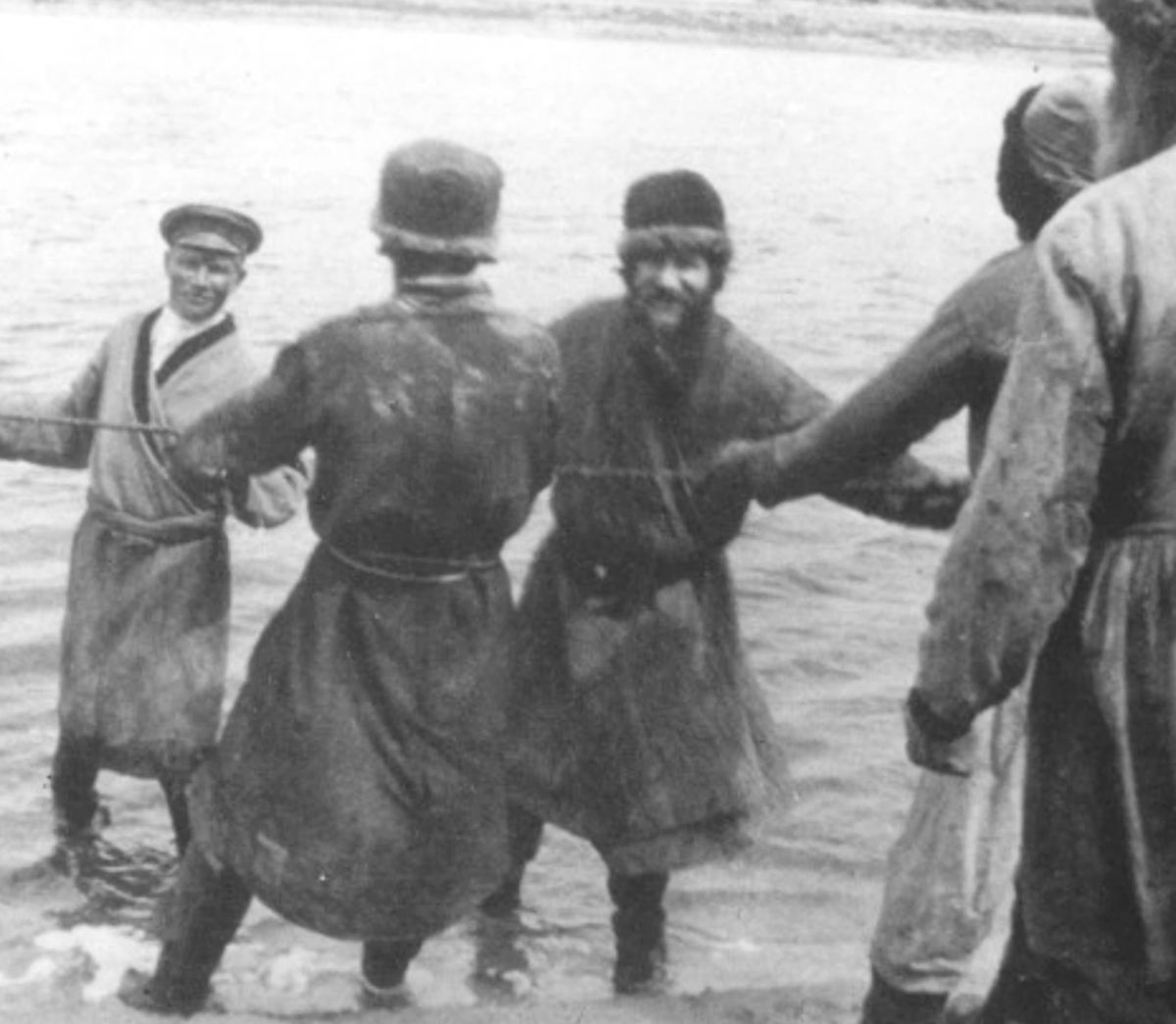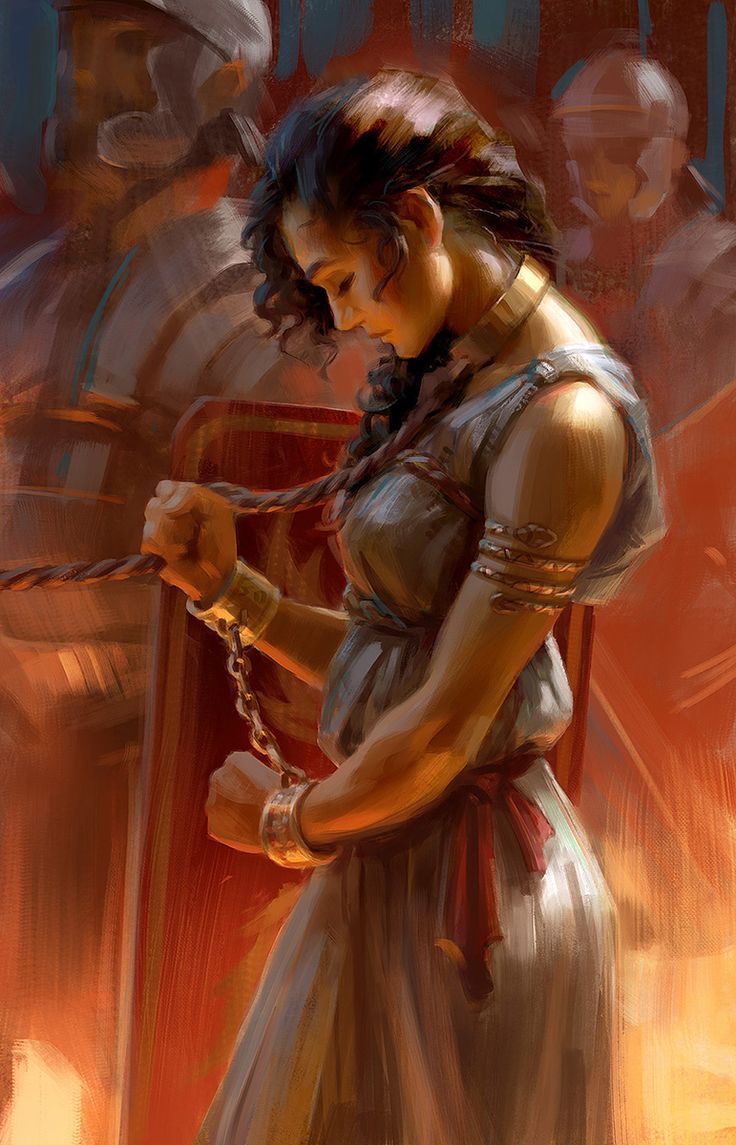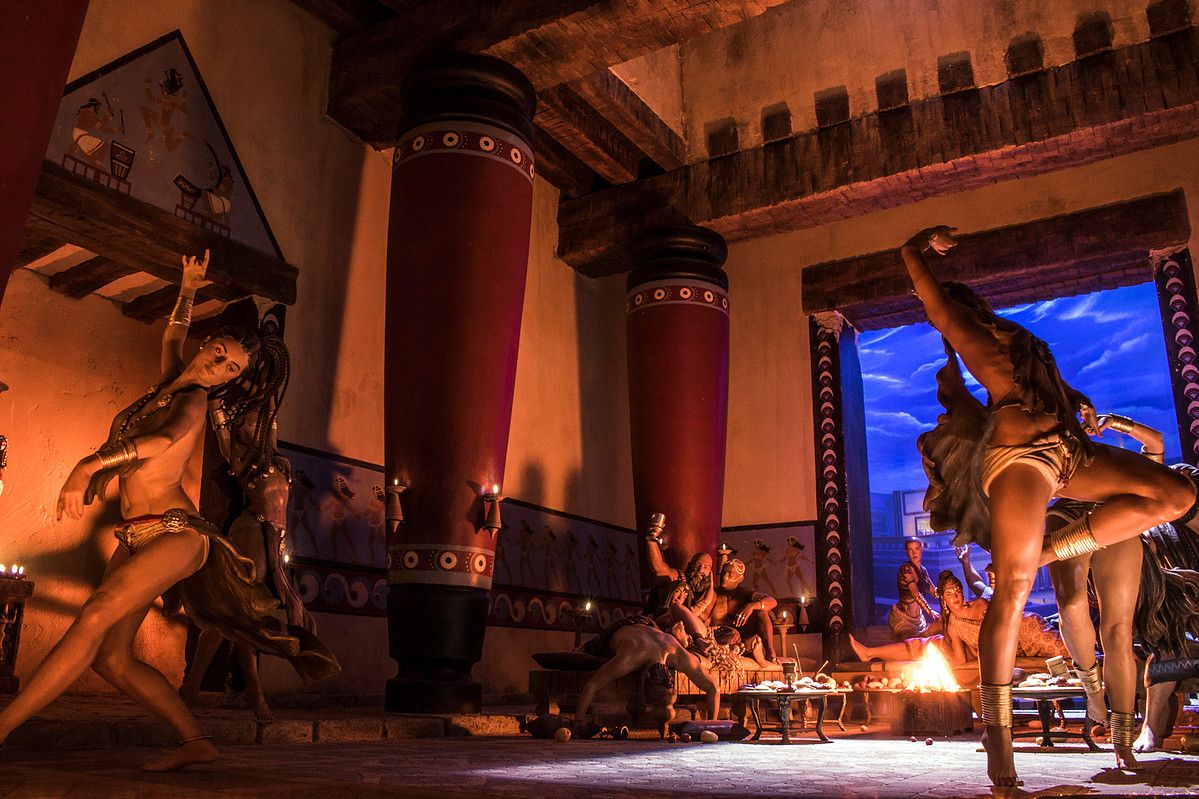The world’s oldest Christian monastery - founded by the Byzantine Emperor Justinian himself – is being closed by a muslim regime.
This is just part of what seems to be a series of "coincidences" against Christians; is the Faith then under attack? 🧵⤵️
This is just part of what seems to be a series of "coincidences" against Christians; is the Faith then under attack? 🧵⤵️

Saint Catherine’s Monastery, located at the foot of Mount Sinai in Egypt is part of the Greek Orthodox Patriarchate of Jerusalem; it houses the world’s second-largest collection of early codices and manuscripts (after Vatican), including the Codex Sinaiticus. 

It's the world's oldest continuously inhabited Christian monastery and has never been destroyed despite regional upheavals, protected by its remote location, fortified granite walls (2.5 meters thick, 11 meters high), and historical agreements. 

Notably, the Ashtiname of Muhammad, a document attributed to the Prophet Muhammad, granted protection to the monastery, fostering peaceful relations with local Bedouin tribes, particularly the Jabaliya, who have guarded it for centuries. 
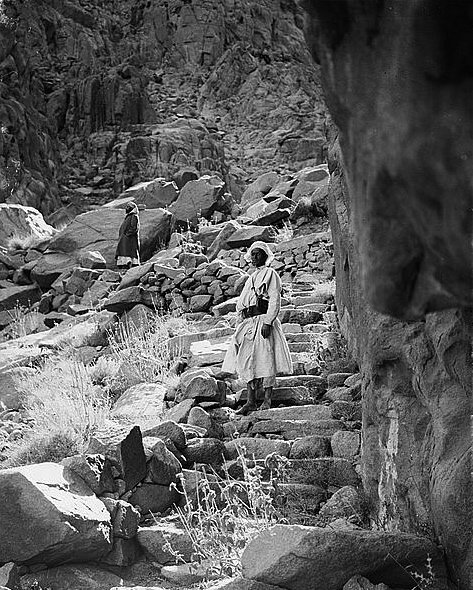
Built to enclose the traditional site of the Burning Bush, where Moses is believed to have encountered God (Exodus 3:2), the monastery is a significant spiritual and cultural landmark for Christianity and Judaism.
Named after Saint Catherine of Alexandria in the 9th or 10th century, following the discovery of her purported relics, it became a major pilgrimage site
Named after Saint Catherine of Alexandria in the 9th or 10th century, following the discovery of her purported relics, it became a major pilgrimage site
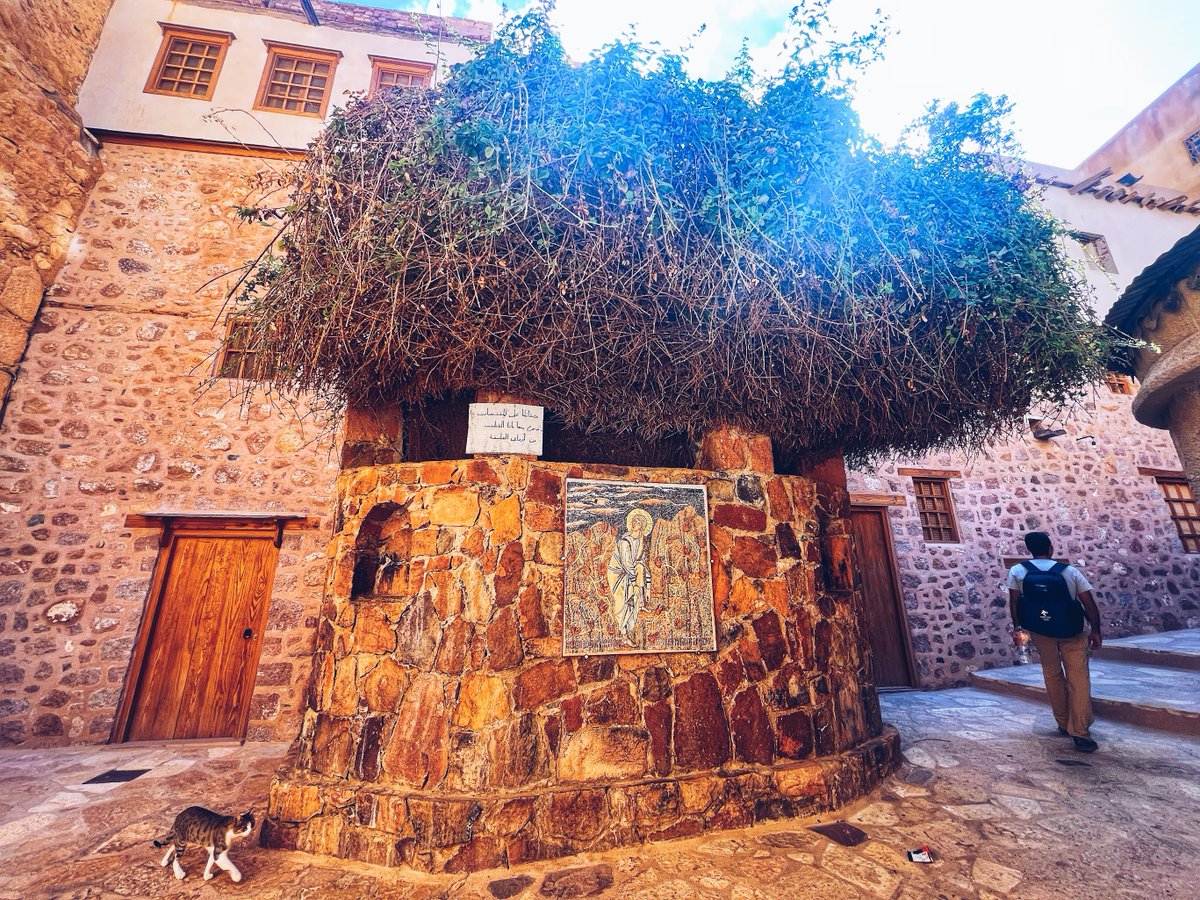
Throughout its history, the monastery has been supported by Byzantine emperors, Crusader rulers, and even Islamic leaders like Muhammad.
Its library, established between 527 and 565 AD, preserves manuscripts in Greek, Arabic, Syriac, and other languages, with significant discoveries like the Codex Sinaiticus in the 19th century and additional manuscripts in 1975.
The monastery has maintained a small community of about 20 Greek Orthodox monks, led by Archbishop Damian, who resides in Cairo.

Its library, established between 527 and 565 AD, preserves manuscripts in Greek, Arabic, Syriac, and other languages, with significant discoveries like the Codex Sinaiticus in the 19th century and additional manuscripts in 1975.
The monastery has maintained a small community of about 20 Greek Orthodox monks, led by Archbishop Damian, who resides in Cairo.
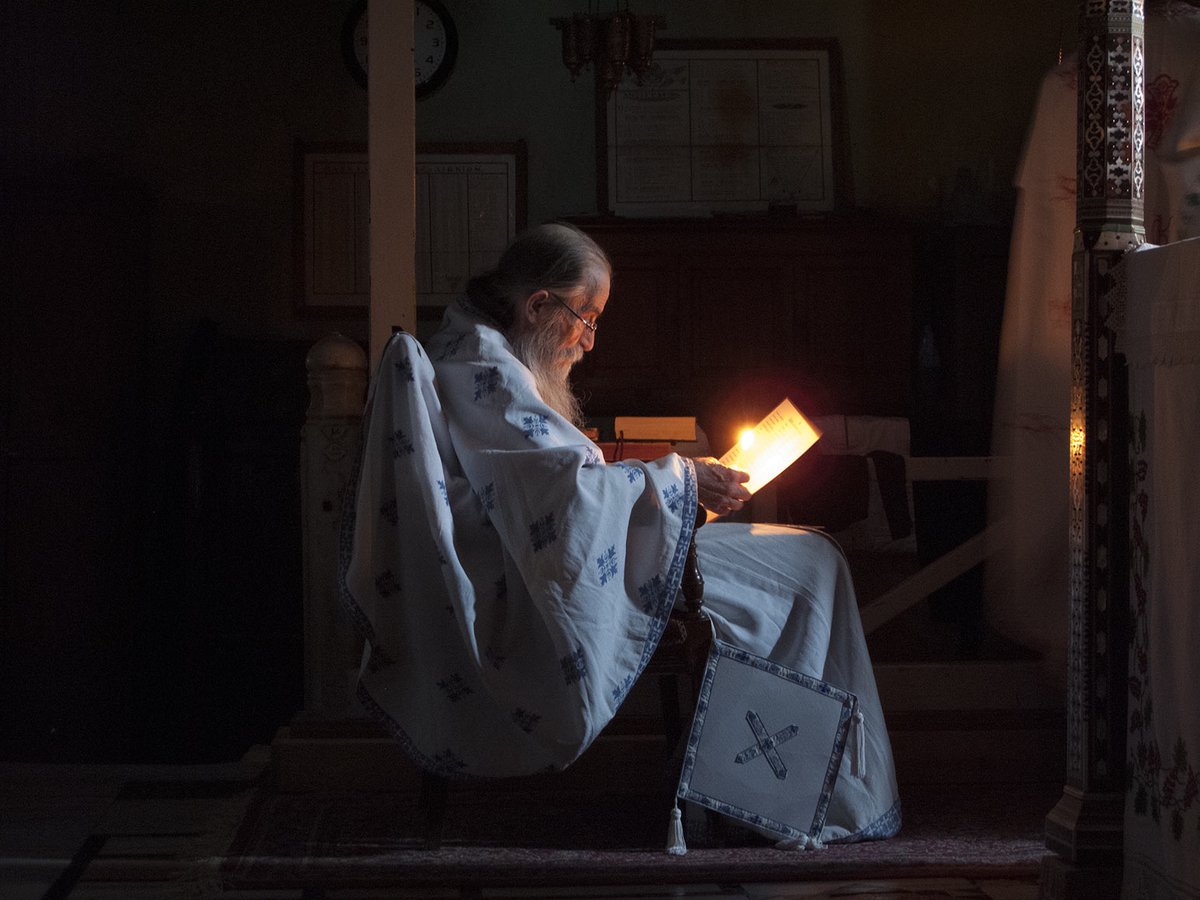
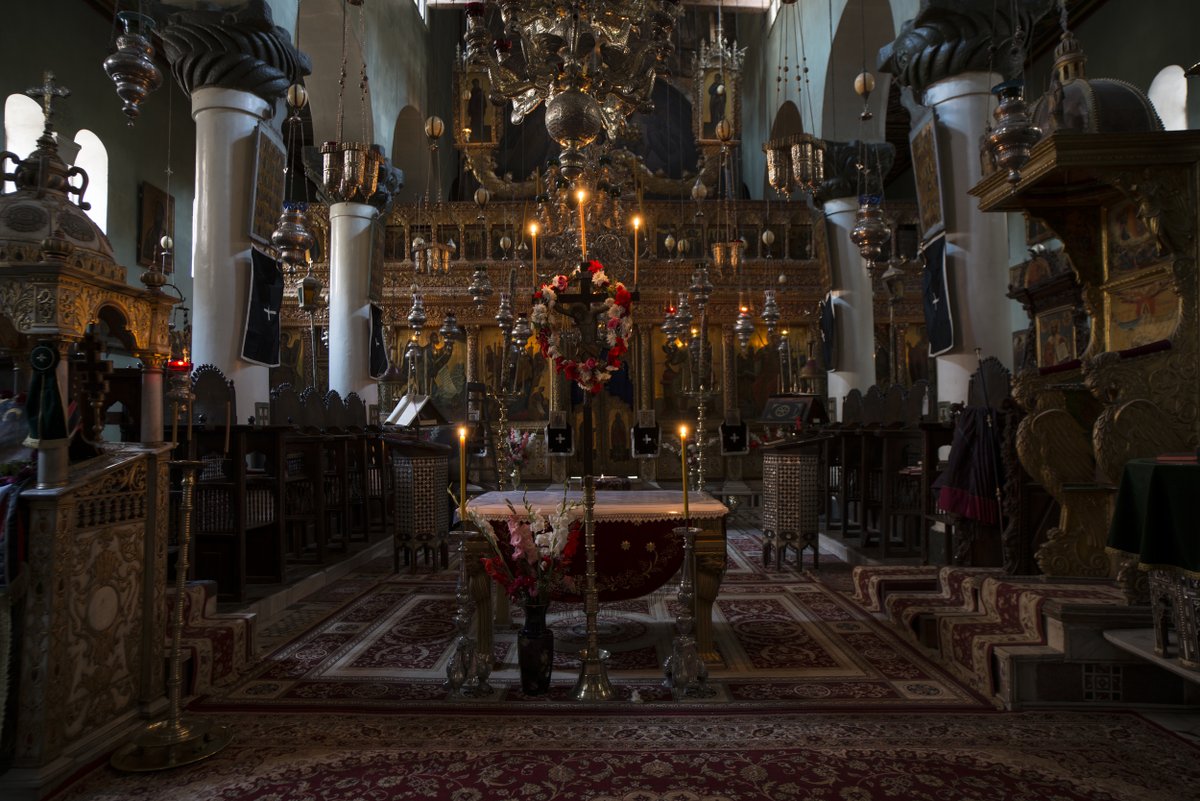
On May 28, 2025, an Egyptian court reportedly ordered its closure, sparking outrage in Greece and the Orthodox Christian world. The decision involves confiscating the monastery’s properties, evicting its monastic community, and converting the site into a state-owned "museum". 
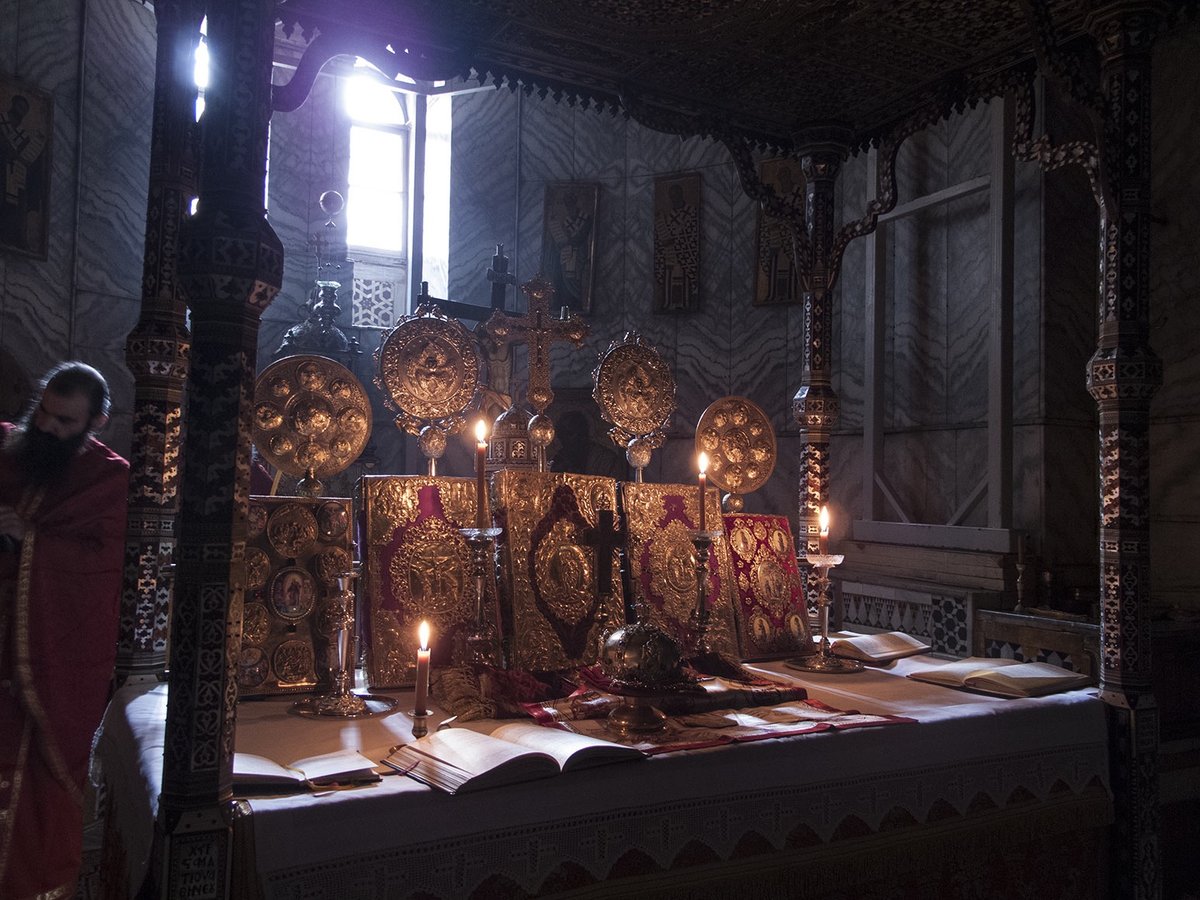
The legal battle over the monastery’s land began in the 2000s amid tourism growth in Sinai, with disputes escalating under the Muslim Brotherhood’s rule in 2012.
The South Sinai governor contested the monastery’s ownership of 71 assets in 2015, and the recent court ruling appears to conclude a decade-long legal campaign against the monastery.
Archbishop Ieronymos of Athens condemned the decision as a “historic fall” for Hellenism and Orthodoxy, urging immediate action from Greek and international authorities. Of course the "greek" regime of Athens refuses to protect the interests of Hellenism, even in Hellas proper.

The South Sinai governor contested the monastery’s ownership of 71 assets in 2015, and the recent court ruling appears to conclude a decade-long legal campaign against the monastery.
Archbishop Ieronymos of Athens condemned the decision as a “historic fall” for Hellenism and Orthodoxy, urging immediate action from Greek and international authorities. Of course the "greek" regime of Athens refuses to protect the interests of Hellenism, even in Hellas proper.
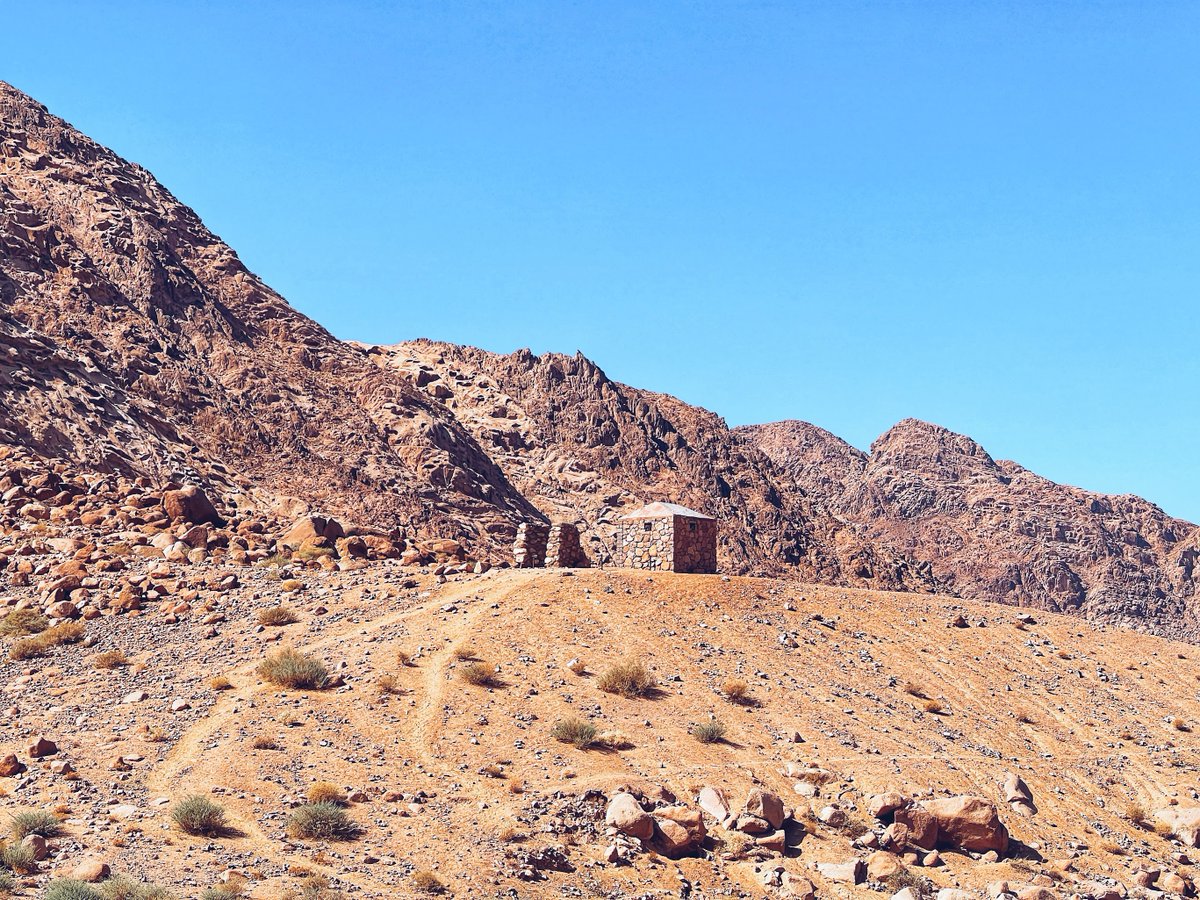
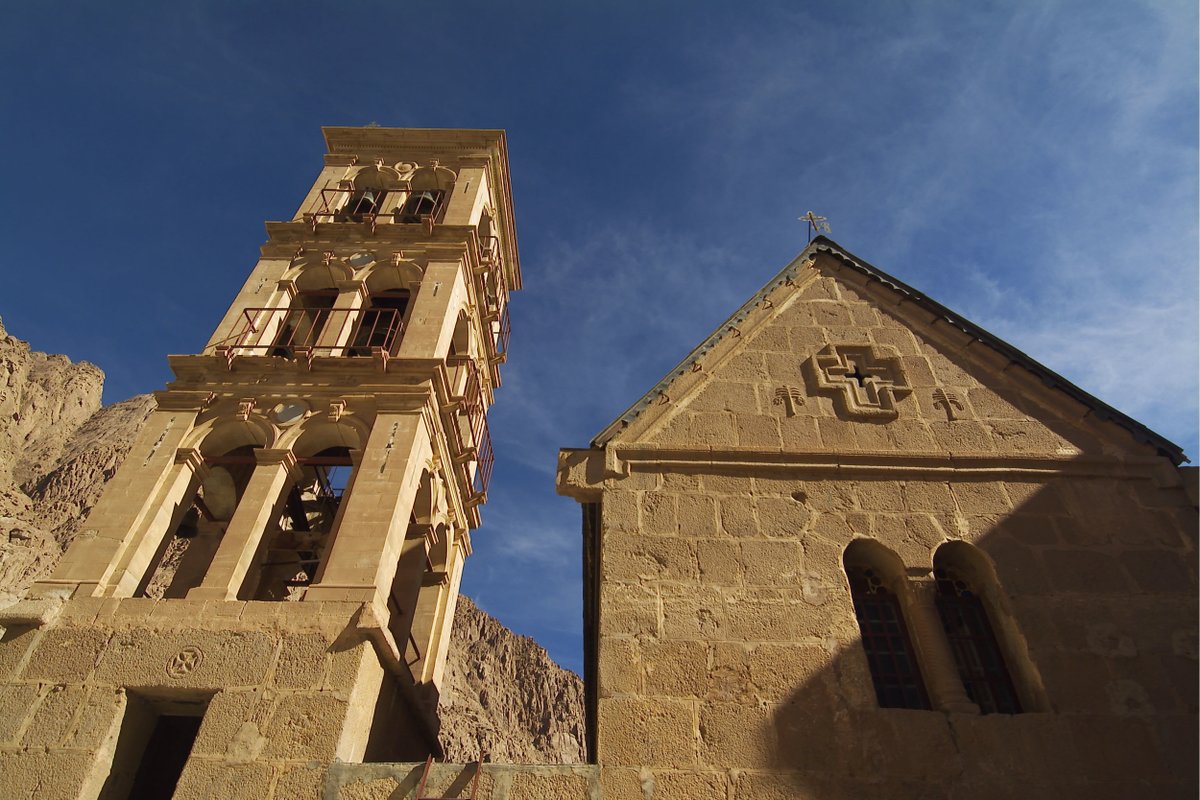
The decision to close the monastery and repurpose it as a museum raises questions about Egypt’s motives, especially given its historical respect for the site’s religious status, as evidenced by the Ashtiname of Muhammad and centuries of coexistence with local Muslims. 
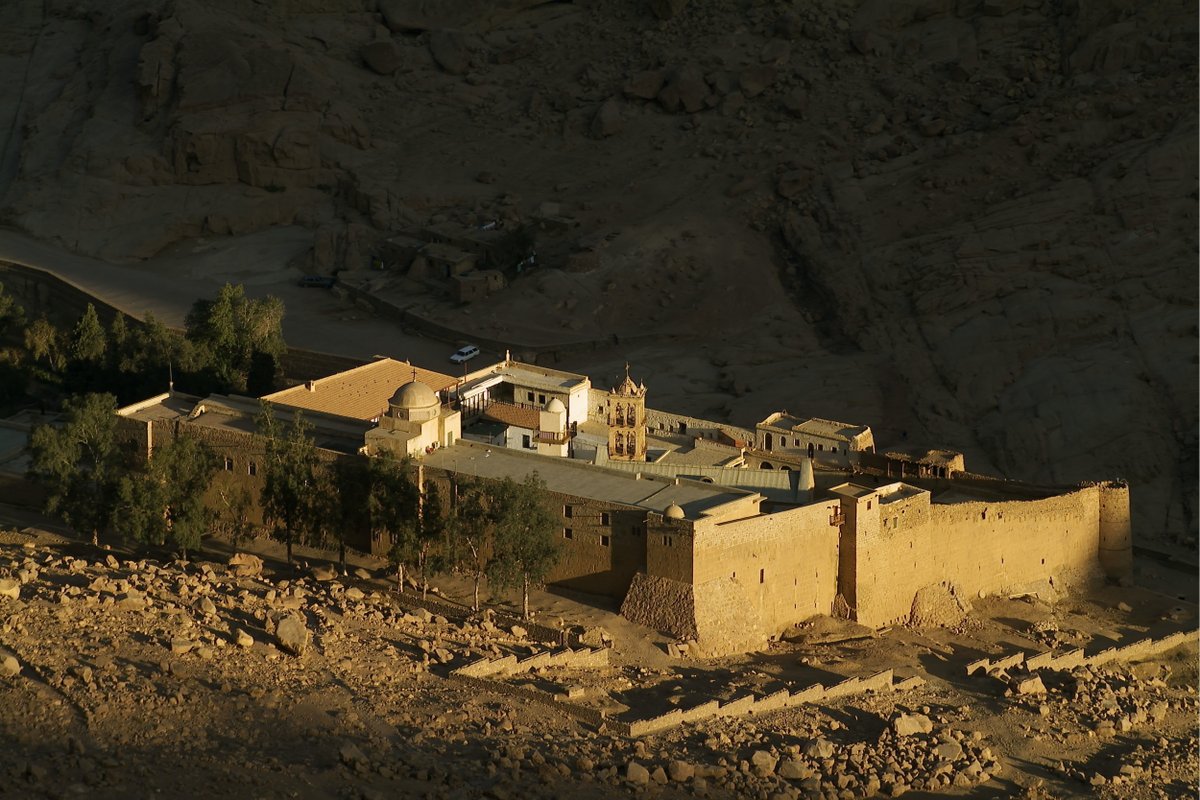
However, without the official court ruling, the full rationale remains unclear, and the move risks alienating Greece and the global Orthodox community while undermining Egypt’s image as a "protector of religious heritage".
The monks are organizing a global campaign to reverse the decision, appealing to Christian churches and other monotheistic religious leaders, arguing it threatens the monastery’s 1,500-year spiritual and cultural legacy.

The monks are organizing a global campaign to reverse the decision, appealing to Christian churches and other monotheistic religious leaders, arguing it threatens the monastery’s 1,500-year spiritual and cultural legacy.
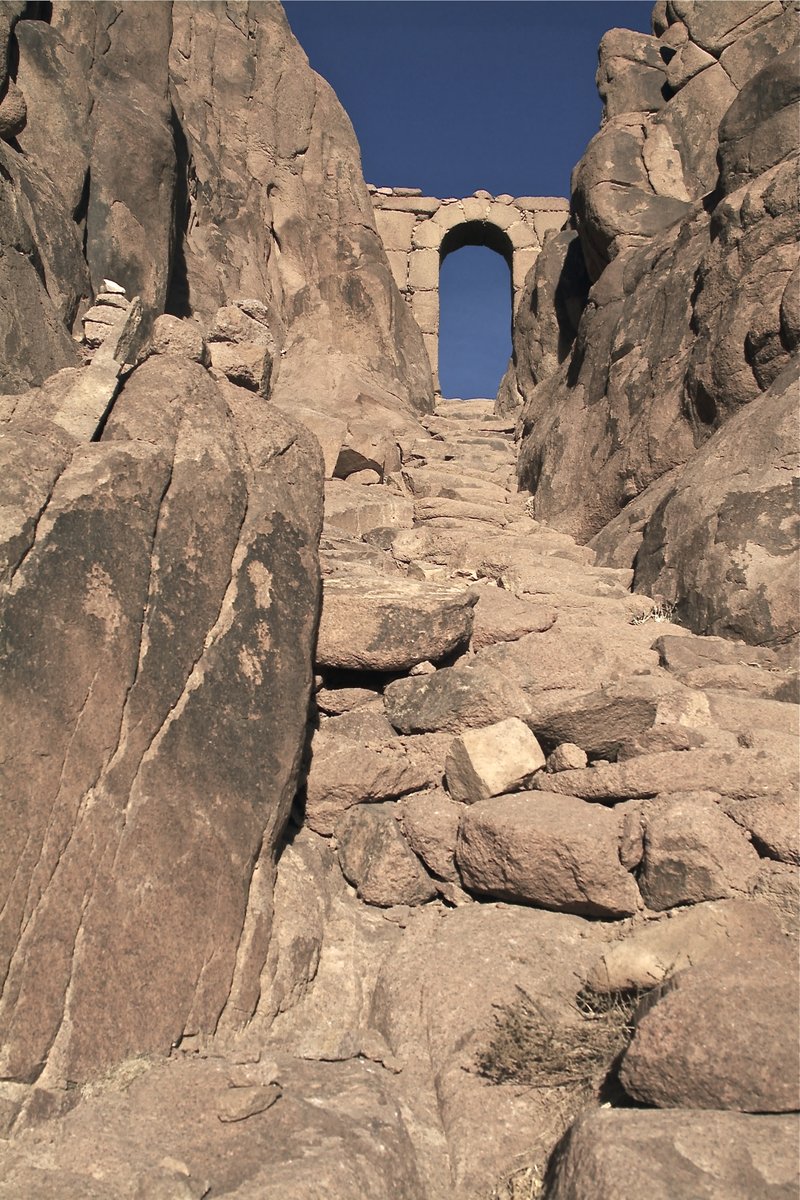
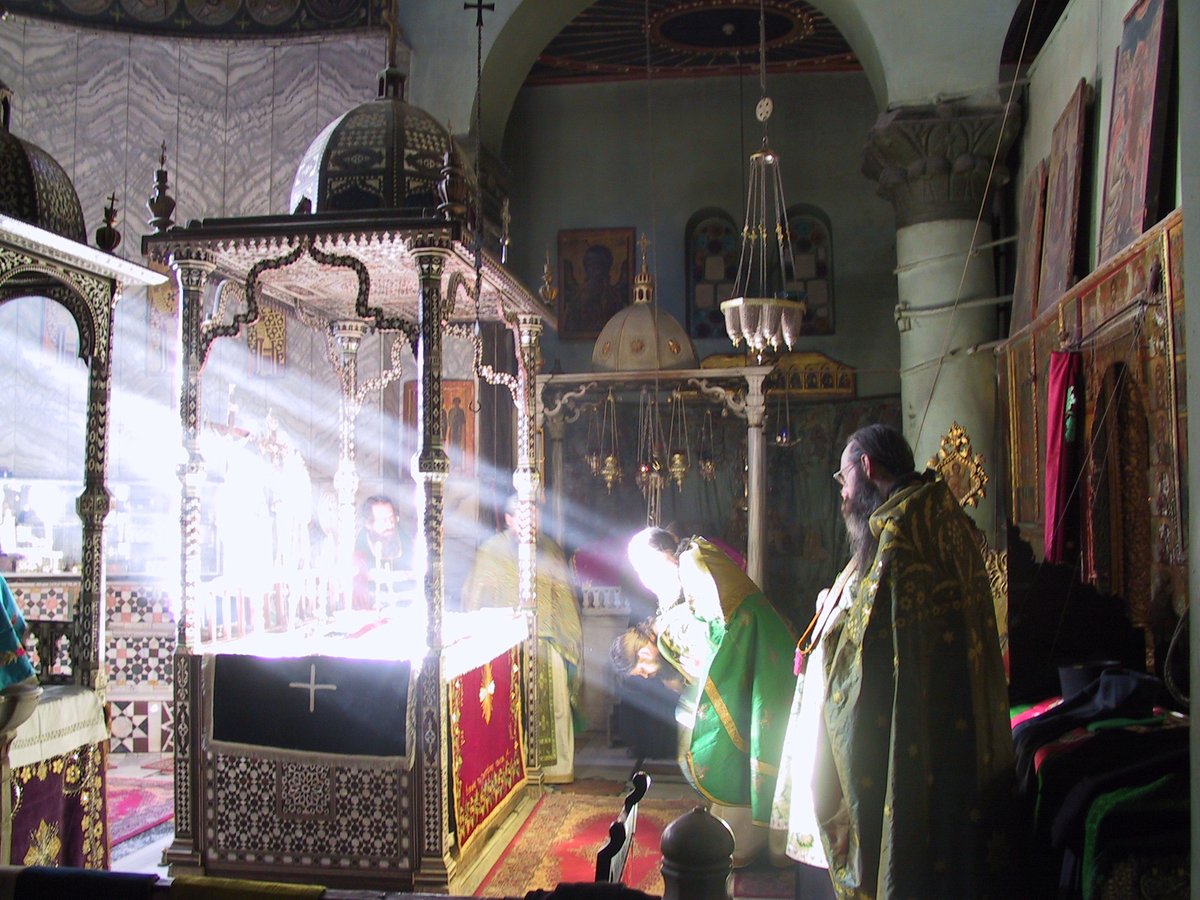
The closure of Saint Catherine’s Monastery and its planned defiling into a state-owned museum parallels the cultural barbarism against Hagia Sophia and its conversion into into a mosque in 2020 by the turks.
Both actions involve repurposing historically Christian Holy Sites, raising concerns about the persecution of the Christian Faith.
Both actions involve repurposing historically Christian Holy Sites, raising concerns about the persecution of the Christian Faith.
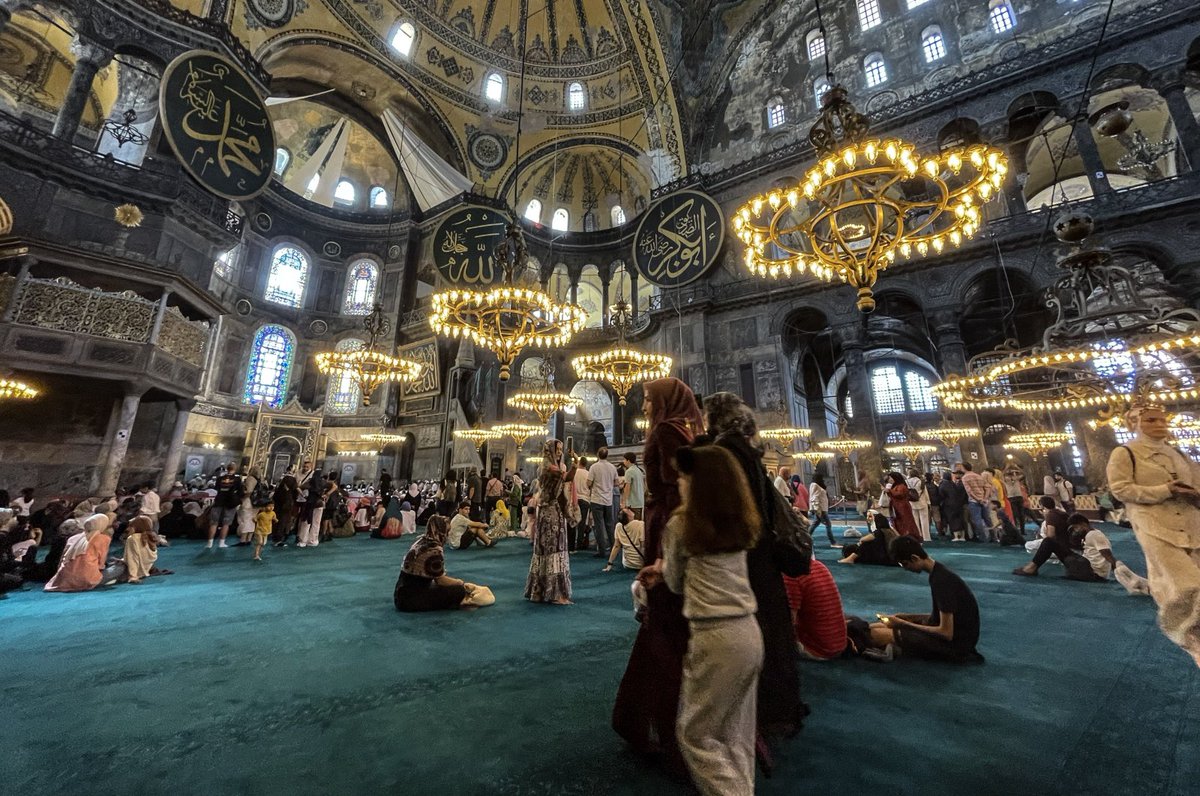
Meanwhile Christian populations remain unprotected in the region against barbarism; Greek Orthodox Christians in Syria are left alone to face extremism.
Their situation, particularly since the onset of the Syrian Civil War (2011–present), involves violence and lethal dangers.
Their situation, particularly since the onset of the Syrian Civil War (2011–present), involves violence and lethal dangers.
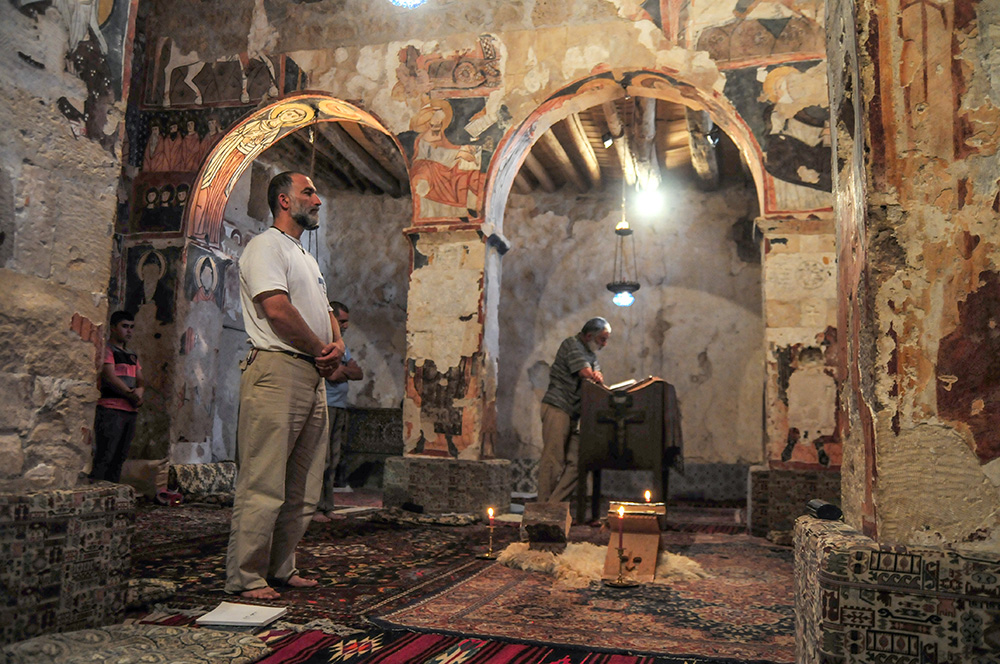
Syria’s Christian population, once around 10% of the country (approximately 1.5 million), has faced severe persecution, especially by the current regime and its leader (who the West – including Trump – rushed to embrace). 



Since I’m noticing too many “coincidences” against Christianity – not only in Middle East, but also in Europe proper – I have a question: is Christianity under attack?
Is this the dystopian future our “leaders” planned for us?
Is this the dystopian future our “leaders” planned for us?
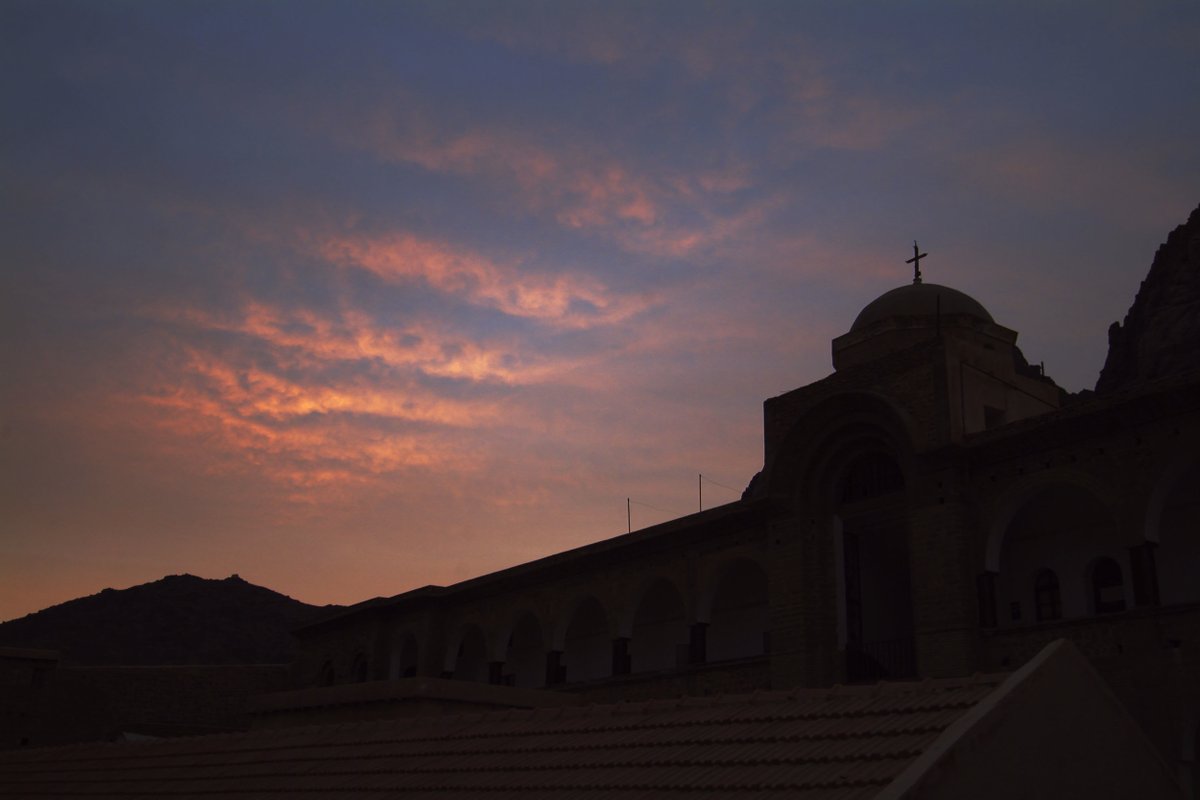
• • •
Missing some Tweet in this thread? You can try to
force a refresh


